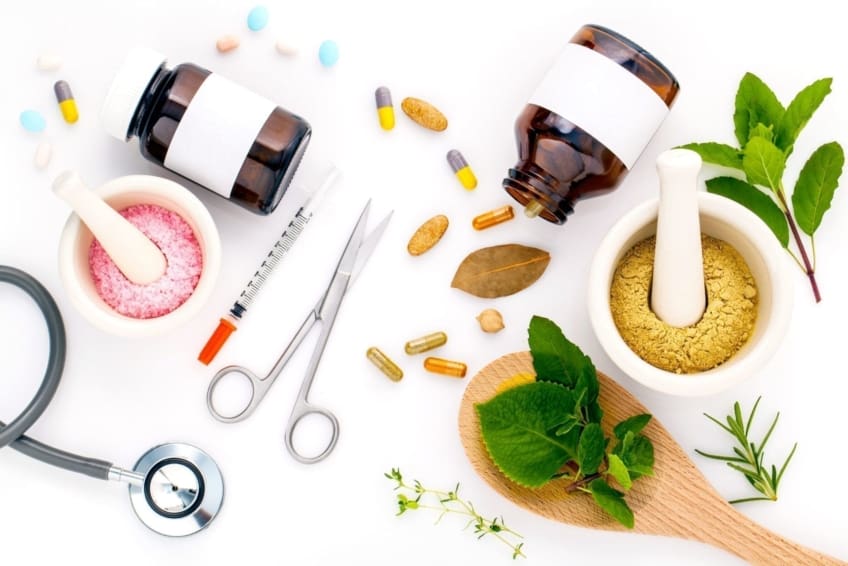
Related Topics
Taking medicines or supplements can have unintended consequences in our bodies. It’s important to talk to your doctor about the medicines you take and how they may affect your diet. If you take vitamins and supplements, you’ll want to speak with your doctor about how those may react with your medicines.
Path to Improved Health
To make sure your medicine, vitamin, and supplement lineup is safe, you need to know how they can interact.
Drug-Nutrient Interactions
A drug-nutrient interaction is a reaction between a medicine and one or more nutrients. Nutrients are the vitamins and minerals that are in the food you eat. When a medicine interacts with a nutrient, it can keep the medicine from working properly. It can also decrease or increase the amount of the nutrient in your body.
The nutrients in food can increase or decrease the amount of medicine your body absorbs. If your body can’t absorb as much of the medicine as it should, you will not get the full effect of the medicine. If your body absorbs too much of the medicine, it can cause the medicine to have an effect that is too strong. Food and nutrients can also affect the rate at which your body processes or removes a medicine.
For example, eating foods high in vitamin K can keep warfarin (a blood thinner) from working properly. Foods high in vitamin K include broccoli and spinach. Foods high in tyramine, such as aged cheeses, can cause severe high blood pressure in people who take monoamine oxidase inhibitors (MAOIs).
There are several different ways a medicine can affect the amount of a nutrient in your body. Some medicines can make you feel less hungry or sick to your stomach, all of which affect how much food you eat. Some medicines can keep your body from absorbing or making certain nutrients. For example, chemicals in grapefruit can cause your body to absorb either too much or not enough medicine into your bloodstream.
Drug-Supplement Interactions
According to the U.S. Food & Drug Administration, 75% of Americans take dietary supplements. A dietary supplement is a vitamin, mineral, or herb you take to improve your health or wellness. Dietary supplements can cause bad reactions all by themselves or when mixed with other supplements.
Supplements can affect the way a medicine acts, or the way that the body absorbs, uses, or gets rid of it. For example, St. John’s wort, a popular dietary supplement, can affect many medicines, including certain medicines used to treat depression.
Things to Consider
What is drug-nutrient depletion?
Drug-nutrient depletion occurs when long-term use of a medicine affects the body’s ability to create or maintain a healthy nutrient level. This can cause low levels of nutrients in your body. For example:
- Statins (cholesterol-lowering medicine) can cause coenzyme Q10 levels to be too low in your body.
- Diuretics (water pills) can cause potassium levels to be too low in your body.
- Acid reducers can decrease your body’s levels of vitamin B12, calcium, magnesium, and other minerals.
- Anticonvulsants (seizure medicines) can cause low levels of vitamin D.
This depletion is usually a slow process, occurring over time.
Questions to Ask Your Doctor
- Am I at risk for a drug-nutrient interaction or drug-supplement interaction?
- Are there any supplements I should be taking?
- Are there any supplements I should stop taking?
- Will any of my medicines react poorly to other medicines, vitamins, or supplements?
- How should my medicines be taken?
- Can we check my nutrient levels?
![]()
Copyright © American Academy of Family Physicians
This information provides a general overview and may not apply to everyone. Talk to your family doctor to find out if this information applies to you and to get more information on this subject.







